1. How the rightwing sports bro conquered America
‘A new set of rules’ … the sports-based manosphere. Illustration: Ben Denzer/The Guardian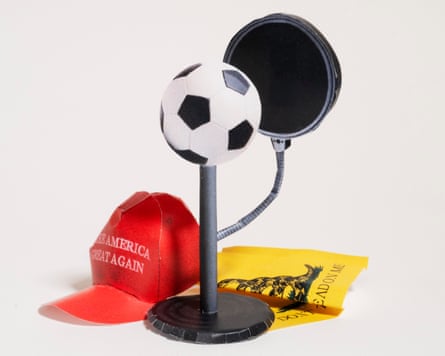
“Today’s sports broadcast world,” wrote Aaron Timms in this fascinating exploration of the sports-based manosphere, “runs according to a new set of rules, in which ‘respectable’ TV and the demimonde of sports podcasts, streaming, and shitposting increasingly intersect: all engagement is good engagement, and the best type of filter is no filter. Whatever faint norms of decorum constrained earlier generations of professional sports talkers have faded completely. There’s a reciprocal flow of testosterone and ideas between these shows, the world of sports, social media and real life. A handful of subjects and themes recur: veneration of the military, glorification of strength and traditional ‘male’ values, celebration of gambling, the denigration of women and anything thought to represent ‘woke’ culture.”
2. ‘People here are as strong as concrete’: the stunning architecture of war-torn Kharkiv
The Ukraina cinema and concert hall in Kharkiv. Photograph: Pavlo Dorohoi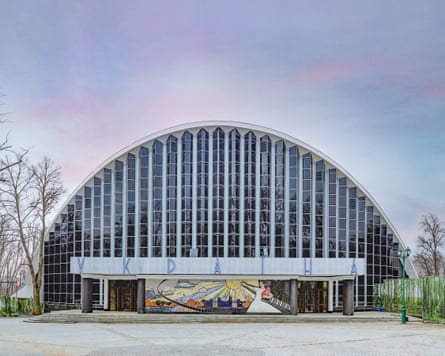
A new architectural guidebook was written as a love letter to the Ukrainian city – then Russia started bombing it. How will this home to Tetris-like offices and daring curved cinemas be rebuilt, asked the Guardian’s architecture critic, Oliver Wainwright.
If you liked this piece, you might also be interested in Charlotte Higgins’s feature on the ghost museums of Ukraine.
3. ‘This is going to be a real hatchet job, isn’t it?’ Janet Street-Porter on ‘bitchiness’, backstabbing and her remarkable career
Janet Street-Porter outside her old school in Parsons Green, west London. Photograph: Sarah Lee/The Guardian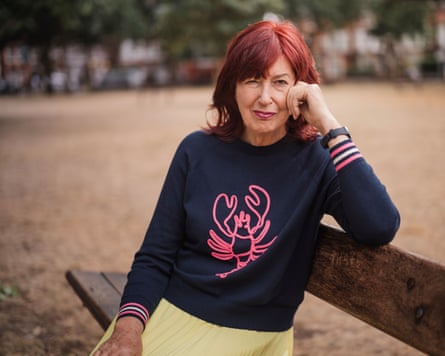
One of the giants of British media, Street-Porter is a regular on Loose Women, a former TV executive, newspaper editor and author – and about to launch a one-woman stage show. Before she dashed out of the restaurant where they met for lunch, she told Simon Hattenstone about love, regrets and her fury with her late mother.
4. The Shining: my trip to the G7 horror show with Emmanuel Macron
‘Hating Macron is a national sport in France,’ wrote Emmanuel Carrère. Photograph: Teresa Suárez/EPA
Nearly seven years ago, Emmanuel Carrère travelled on the presidential plane with Emmanuel Macron, to profile him for the Guardian. It was at the start of his first term in office, and everything seemed to be going well for him. Now, Carrère wrote on Tuesday, hating Macron is a national sport in France. For the long read, Carrère travelled once more with the French president, this time to Kananaskis in Alberta, Canada, for the recent G7 conference most notable for Donald Trump’s abrupt departure: “With [Trump] gone, the tension subsided. We could breathe again but there was no denying that the game had lost some of its appeal. Even though the second day was no more than a half day it dragged on, which was all the crueller given that its star was Volodymyr Zelenskyy. Invited by the G7, he had travelled more than 3,000 miles just to see Trump and beg him once again not to completely abandon Ukraine, and Trump once again humiliated him, this time by leaving just before he arrived.”
5. ‘A relentless, destructive energy’: inside the trial of Constance Marten and Mark Gordon
Constance Marten and Mark Gordon were found guilty of the manslaughter of their newborn daughter. Composite: Alex Mellon for the Guardian ; PA/Getty Images
On Monday, Marten and Gordon were found guilty of the manslaughter of their newborn daughter, who died after they took her to live in a tent in freezing wintry conditions to evade social services. Their story – of a woman born into extraordinary aristocratic privilege and her life with a violent convicted rapist – grimly fascinated Britain. For an extraordinary long read, Sophie Elmhirst spent months attending their retrial and chronicled the chaotic scenes as Gordon chose to defend himself and Marten pushed the patience of the presiding judge to its limits.
6. Where Oasis, the Killers and Noddy Holder raised hell: Britpop’s debauched HQ, the Columbia hotel
Columbia hotel became the place to be in the 1990s. Photograph: Roberto Herrett/Alamy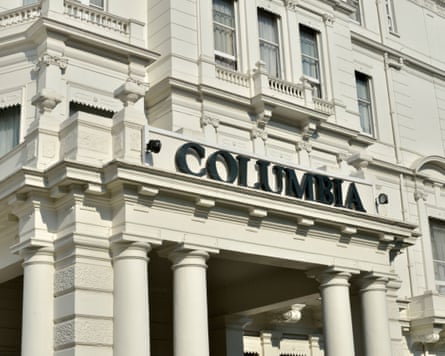
The Columbia hotel in west London was known for its cheap rooms, its bar’s flexible opening hours, and its look-the-other-way attitude. It became a go-to spot for musicians in the 1980s and, in the 90s, became the place to descend on. In this fun history, Daniel Dylan-Wray spoke to those who remember (or perhaps don’t) its hedonistic glory days.







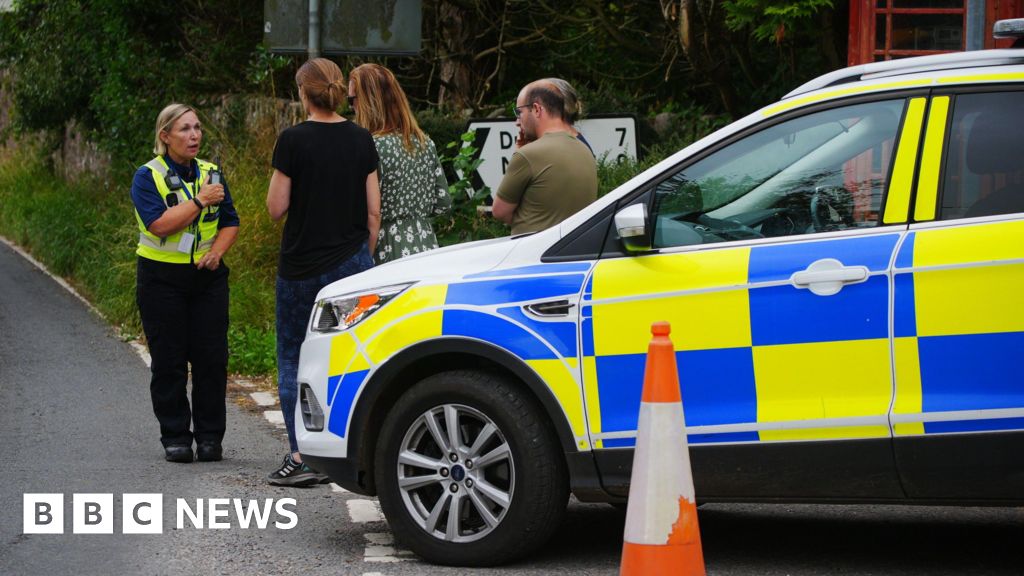

 English (US) ·
English (US) ·